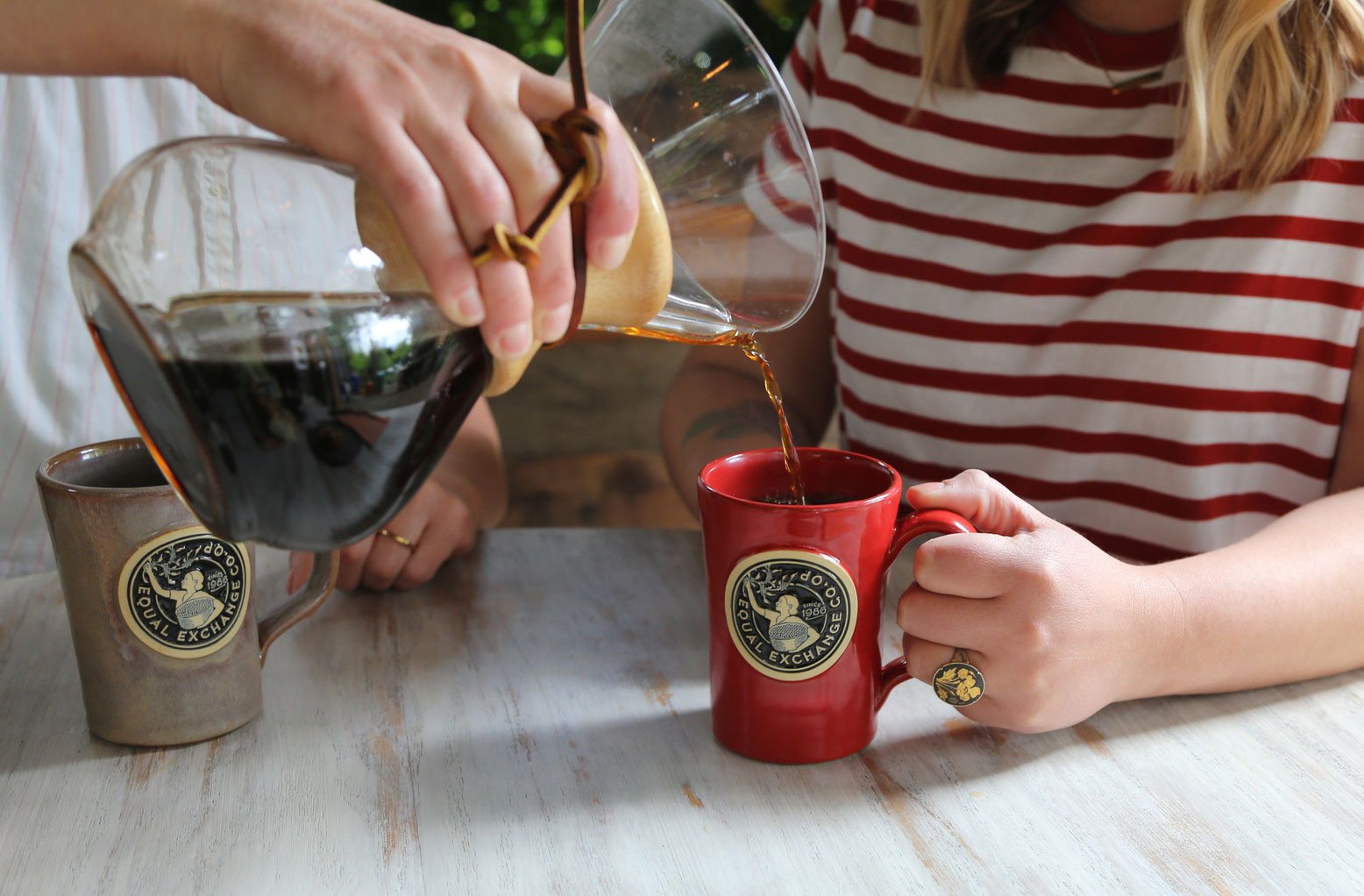8 Top Tips for Troubleshooting your Coffee Brewing
If you’re like most coffee drinkers, you brew coffee at home at least some of the time. But if things taste off, it might be time to fine-tune your technique. Here are 8 common coffee brewing mistakes, with tips from our Coffee Quality Control Tech, Hillary, on how to address them — so you get a great cup of coffee every time.
Tip #1: Don’t store coffee in the fridge or freezer
When you store coffee in the fridge or freezer, the grounds can absorb moisture and odors from that space, which will negatively affect the taste of your coffee. Instead, store coffee in a cool, dry place in an airtight container.
Tip #2: Don’t over- or under-heat your water
Sometimes your coffee will taste off just because it was brewed with water that was too hot, or not hot enough. The ideal temperature is between 195F and 205F. Unfortunately, many home brewers just aren’t strong enough to heat water to the proper temperature for a good cup of coffee, so it’s worth investing in a high-quality machine if that’s your preferred method.
Tip #3: Don’t use a blade grinder or spice grinder
If you’re grinding your beans at home, use a burr grinder. Blade and spice grinders will chop your beans unevenly, leading to a poor extraction that will make your coffee taste off. A burr grinder crushes your beans in a way that gives you a uniform grind, an even extraction, and a better cup.
Tip #4: Use a clean grinder
Stale grounds and oils can build up in your grinder and affect the taste of your fresh beans, so it’s important that your grinder is clean. You can use a commercial product, or grind a scoop of uncooked white rice to clean out old grounds and absorb oils.
Tip #5: Use the right grind for your brew method
Using the wrong grind size for your brewer can lead to weak or bitter coffee, so make sure you know and use the proper grind for your method. Coarse-grind coffee (French press) should resemble kosher salt or sea salt in texture, medium-grind coffee (drip brewer) should be similar to granulated sugar and fine-grind coffee (home espresso maker) should resemble confectioner’s sugar.
Tip #6: Use a clean brewer
Minerals and scale can build up in your brewer, negatively affecting the taste of your coffee, so make sure to keep it clean. You can use a commercial cleaning product, or run a cycle of 50/50 white vinegar and water mixture through your brewer to clean it out. Just make sure to run a cycle of plain water through the brewer after that, before you start brewing coffee again.
Tip #7: Don’t use bad-tasting, unfiltered or distilled water
When it comes to the taste of coffee, the water you use plays a huge role. If you wouldn’t enjoy drinking it from the tap, don’t brew coffee with it. We recommend brewing with filtered tap water or bottled water.
Tip #8: Use a consistent, measured amount of coffee
Using too much or too little coffee can have a big impact on the taste of your cup, so it’s important to measure your grounds. We recommend a 17:1 water-to-coffee ratio, but you can also weigh your coffee according to the specifications of your brew method. From there, you can adjust to taste: if your coffee tastes too strong or bitter, use less coffee, and if it tastes weak or grassy, use more coffee.
Keep these tips in mind to make the most out of your fairly traded coffee whenever you brew at home!
Check out more brewing tips and tasting guides on our Downloads page


